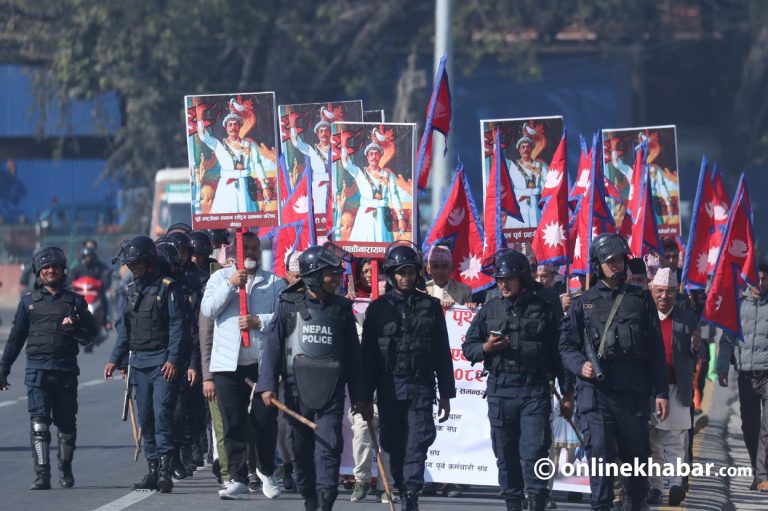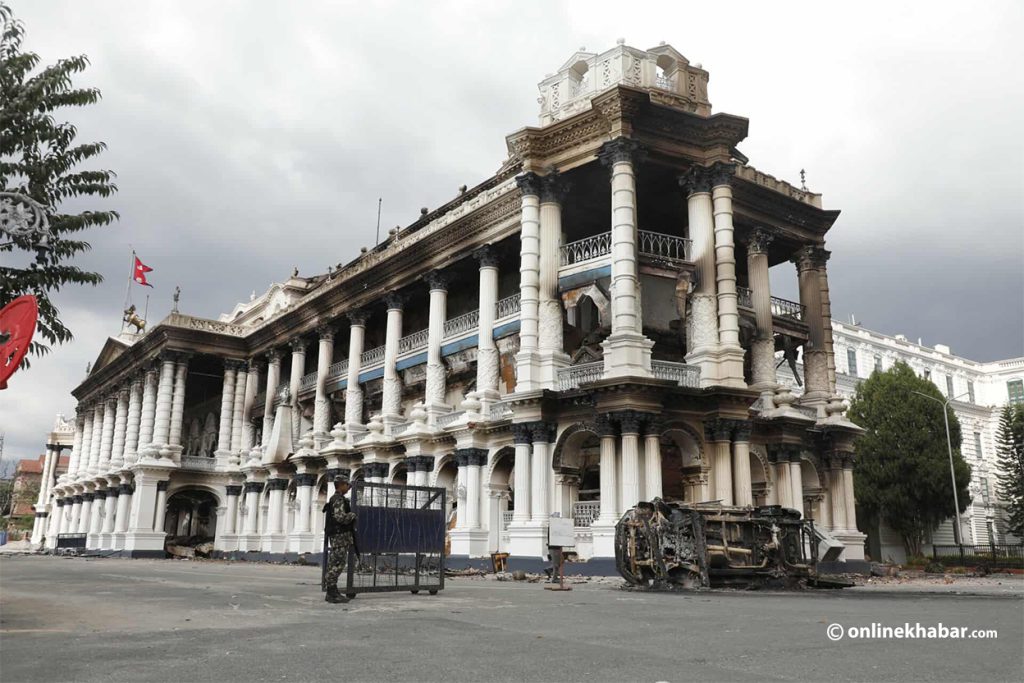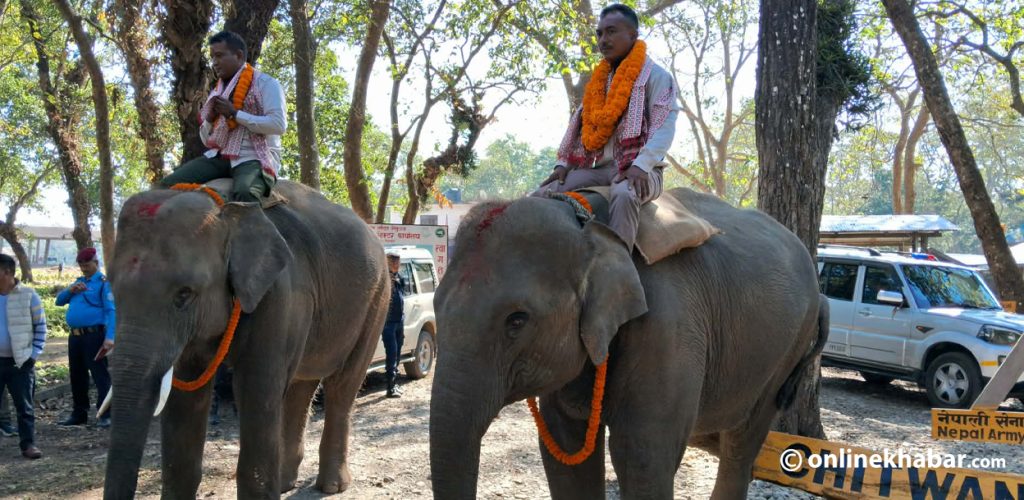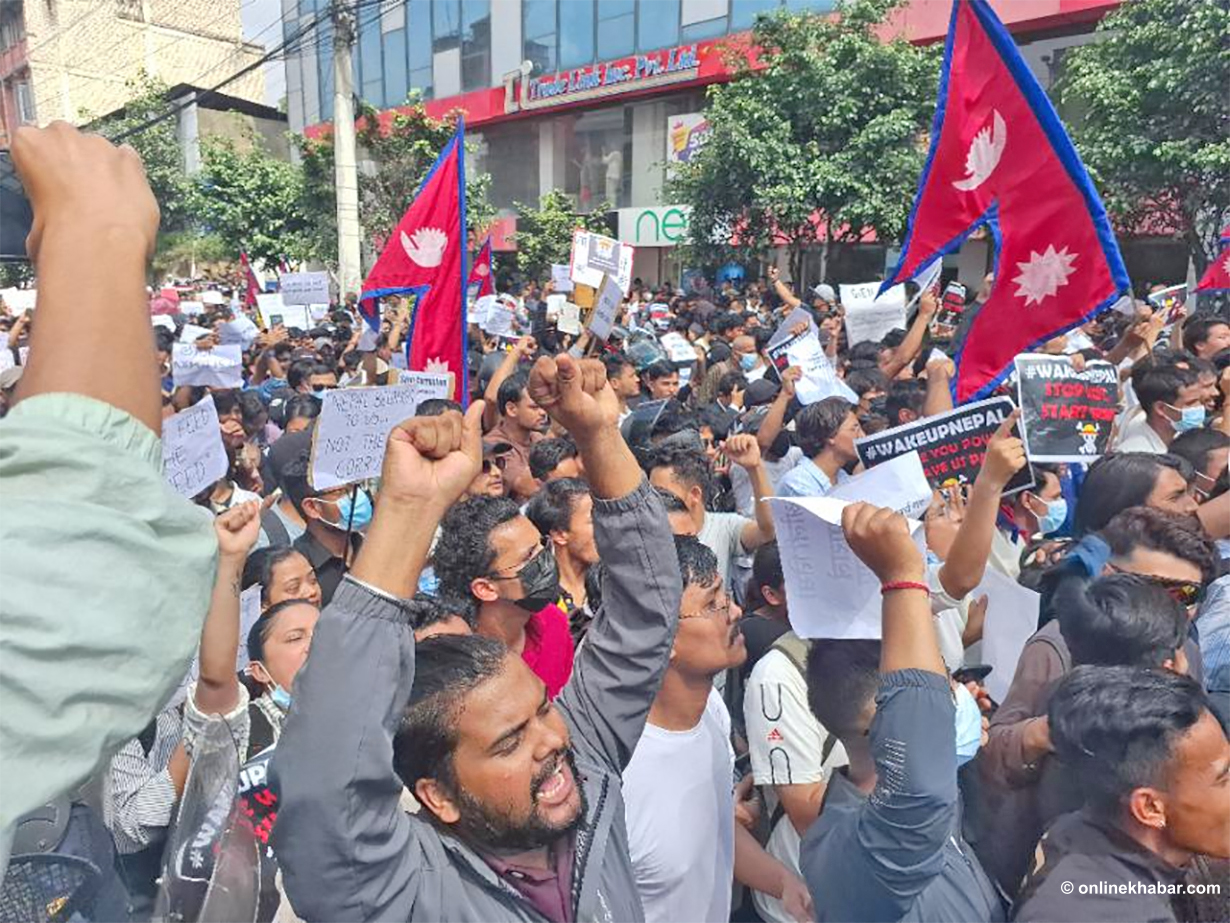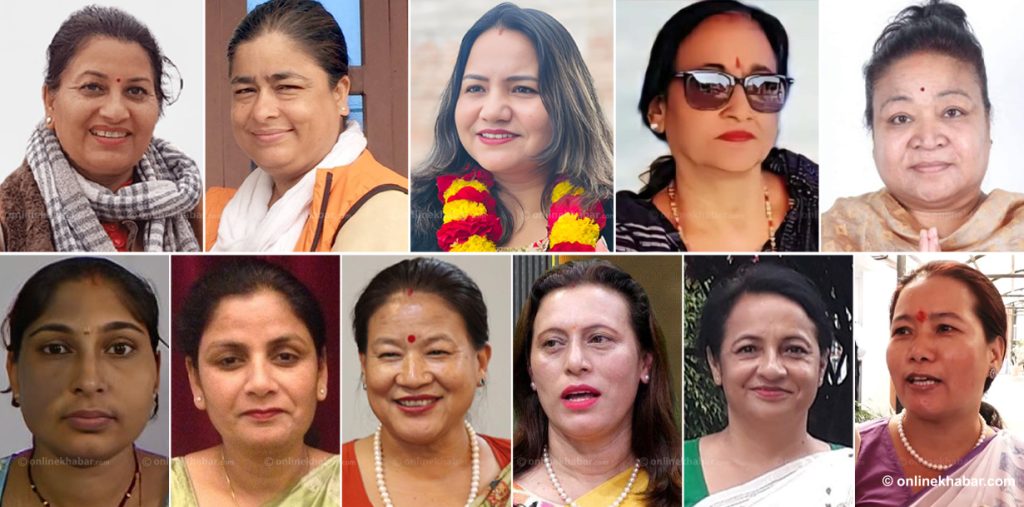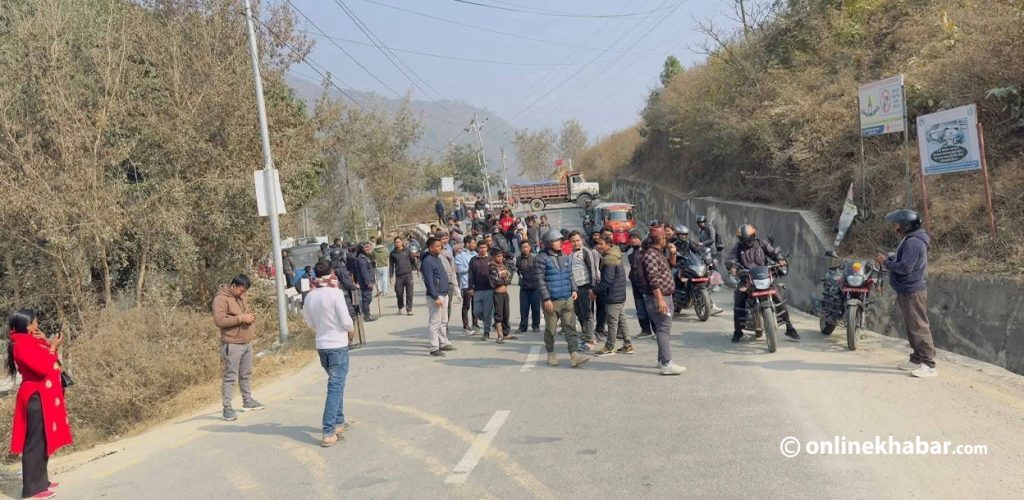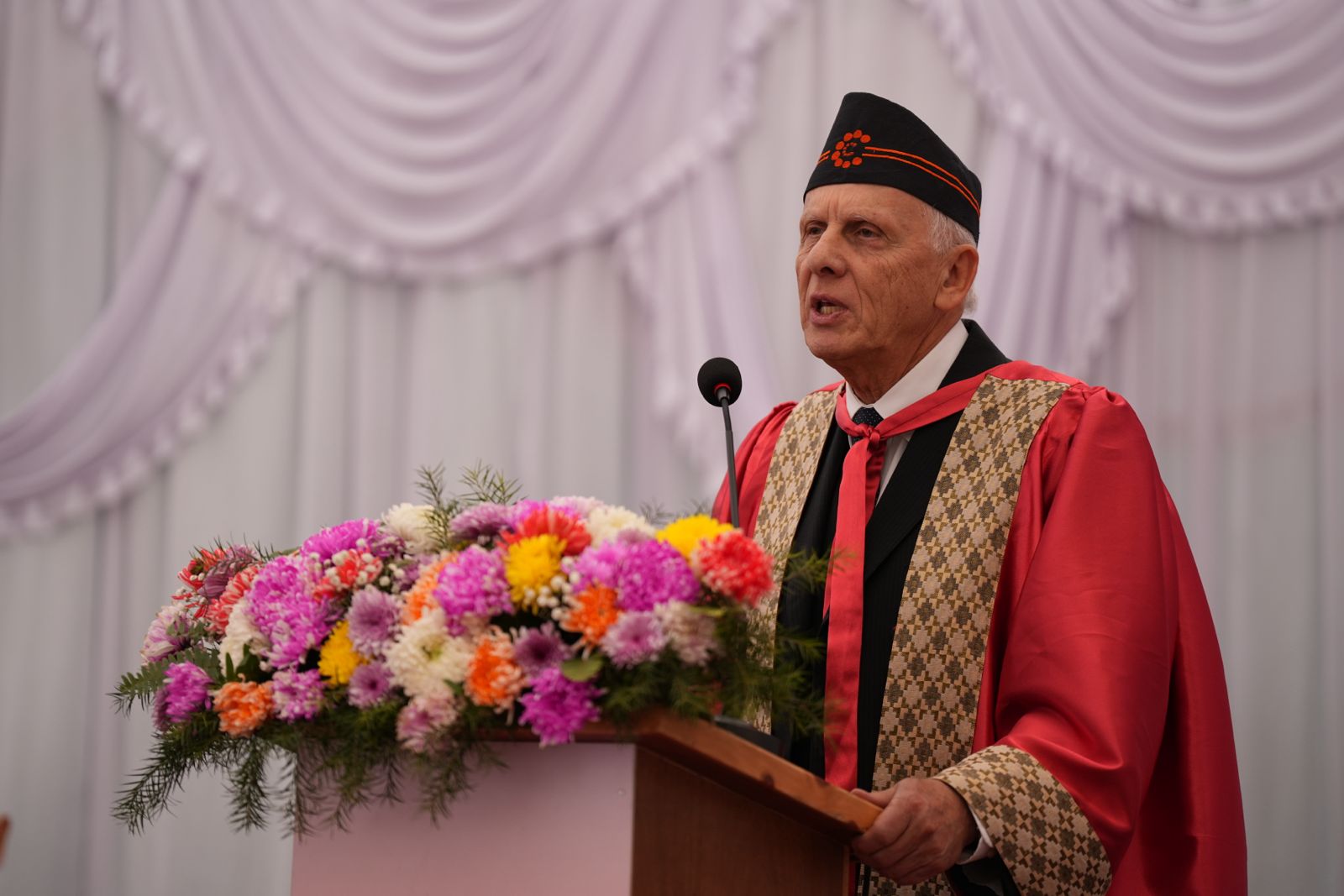Journalism is considered one of the most crucial pillars of democracy as it connects the public to the political and social worlds. With the help of journalism, people are made aware of the happenings in and around the world. The public’s perception of journalism speaks volumes in itself. They have faith in journalism that it reports the truth of events in their totality, without any manipulation or corruption.
However, today, this might not be true as there are many examples of misinformation and media sensationalisation. The case is even the same in the history of media in Nepal also. To change the scenario, the country needs strict law and its effective implementation.
Perception vs practice

It is believed by the public that every piece of information provided to them is authentic and correct. However, now sensational matters have become more relevant. The information might be incomplete or may mislead the public. Over time, a growing trend towards misinformation and media sensationalisation has led to the deteriorating quality of journalism, which has grown more business-oriented putting public support to media in jeopardy.
It has become hard to trust media channels and also decipher whether they are presenting news that is true or false. Even if the facts are correct, the manner in which some news is presented to make it sensational puts the information in a bad light, making it equal to misinformation.
In today’s press, there is a lot of competition, every news channel strives to deliver a particular piece of information at the earliest. Due to this, the product delivered to the public is broken pieces of news, on which the news channels have not even collected the entire information. As a result of that, people are mostly exposed to inaccurate or incomplete information or misinformation.
Nepal’s case
In the 1980s and 1990s, fact-checking or accuracy was one of the core basic ethics that was crucial for journalists in Nepal to follow. The Nepal Press Institute taught its student to not run a piece of news if they did not have information from all the parties involved so that the story from both sides is covered. In the fast-paced world, all this is no longer considered important, and the value and ethics of journalism have been compromised at the cost of a few extra viewers.
Reporting of misinformation back in the 1980s and 1990s was limited due to the limited number of mediums available for news circulation. But, today, due to the emergence of online media, there is a wide range of networks available to spread misinformation so the temptation to cover a piece of false news rises to see the opportunities available. Apps and social media platforms like WhatsApp, Twitter, Instagram, Facebook, YouTube, etc are to be held liable for promoting misinformation and bad journalism.

The need for change
As misinformation tarnishes the trust of the media and jeopardises all democratic institutions, the need of the hour is to encourage investigative journalism and fact-checking. There is a need to establish Nepali organisations that are committed to confirming the veracity of the news, such as verifying social media rumours, claims made by political parties or any biased information available across all the data sources. A few initiatives have been taken to set up artificial intelligence tools to assist in fact-checking and combatting fake news.
Many reform-minded professionals are concerned about the media’s lack of trust, both in the public and commercial sectors. Despite some development, Nepali journalists are still unfamiliar with the standards of ethical journalism. Though there have been no major incidents with regards to press freedom violations, at the same time, no improvement has been seen in Nepal’s journalism. Out of most of the freedom violations recorded by the Federation of Nepali Journalists, most of the cases were due to journalists disregarding their professional code of conduct.
The way forward is to implement strict laws with regards to reporting of wrong information by news channels, especially social media platforms. Also, information literacy among people is important with the emergence of online media so that they are more aware of everything. Last but not the least, Nepali journalists must strive to follow their professional code of conduct and try and increase the ranking of Nepal in the Press Freedom Index to decrease the influence and power of political parties over the media and information.
Tanvi More, a student at Jindal Global Law School, OP Jindal Global University, contributed to this article as a co-author.







